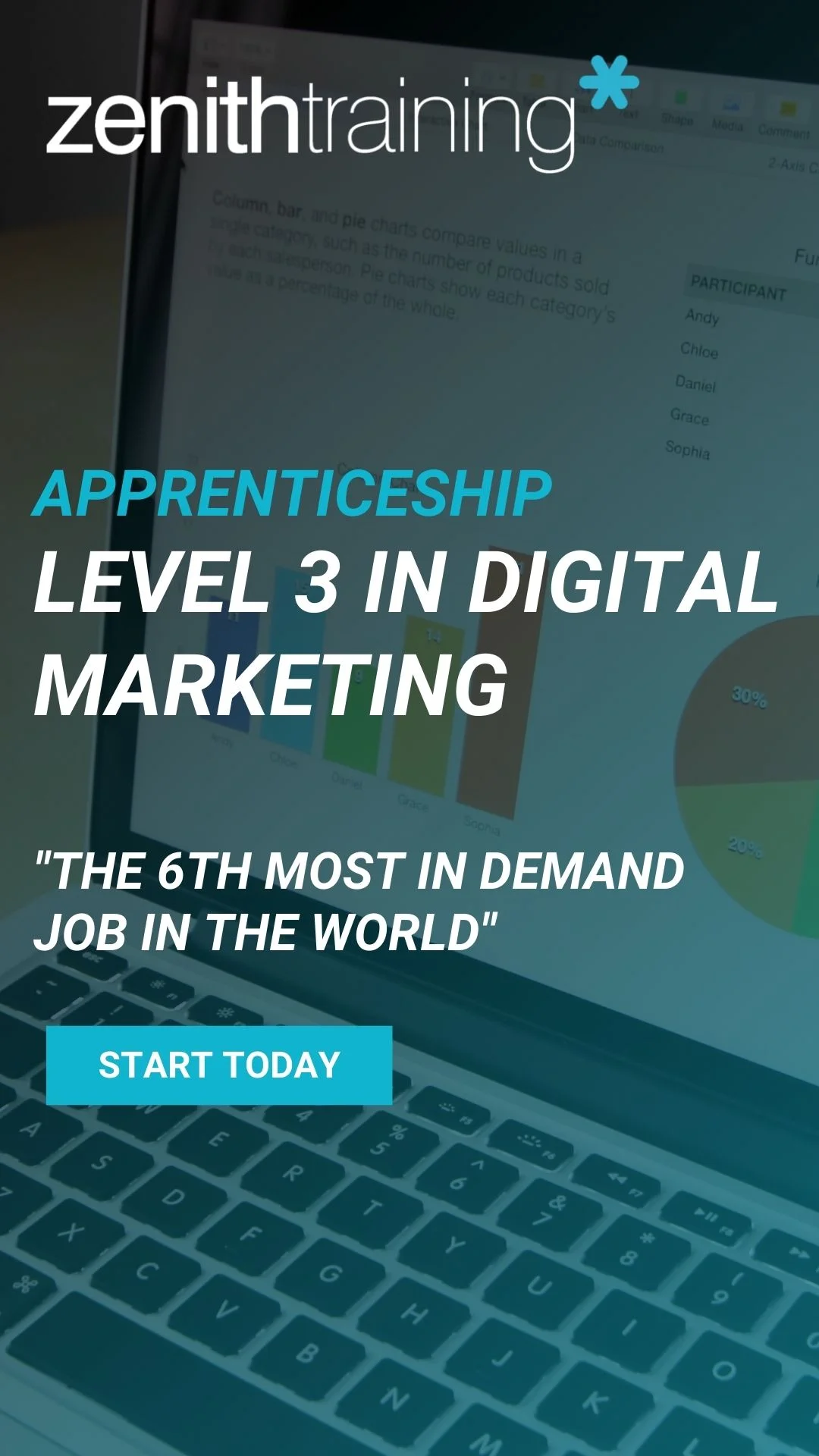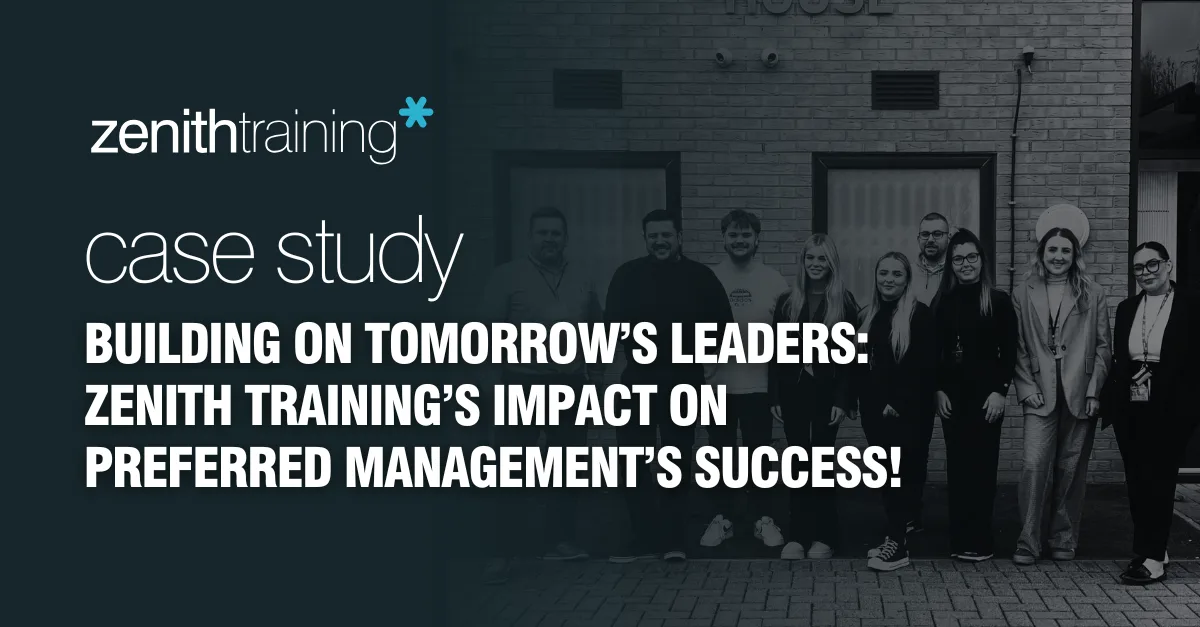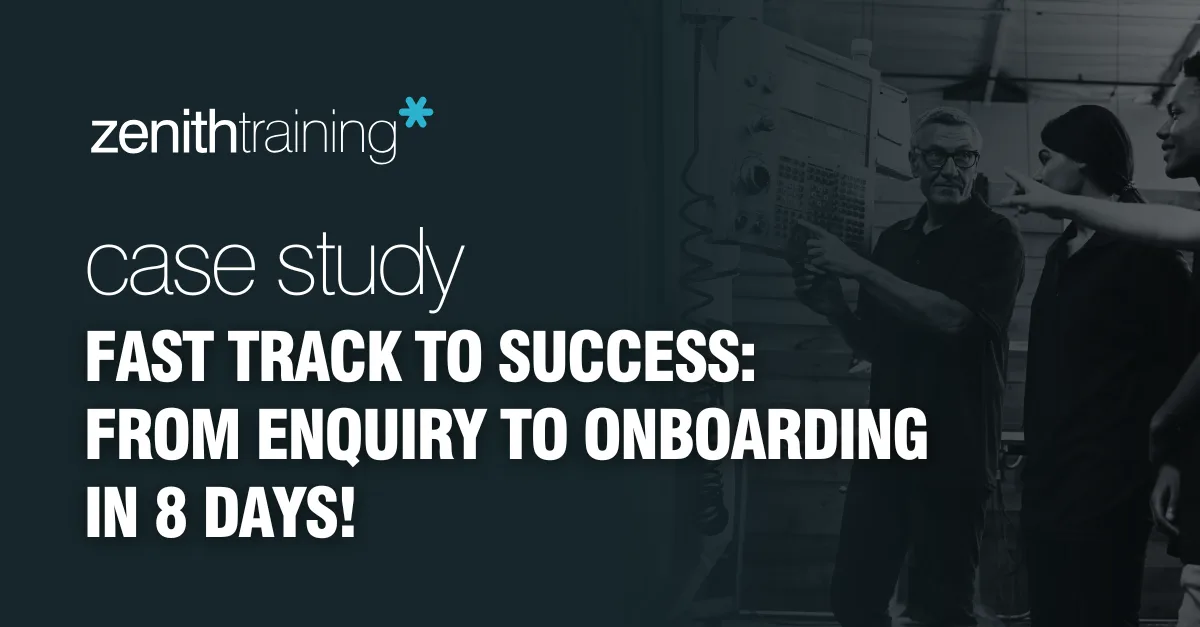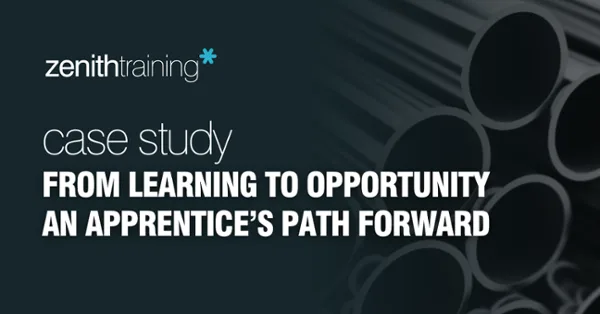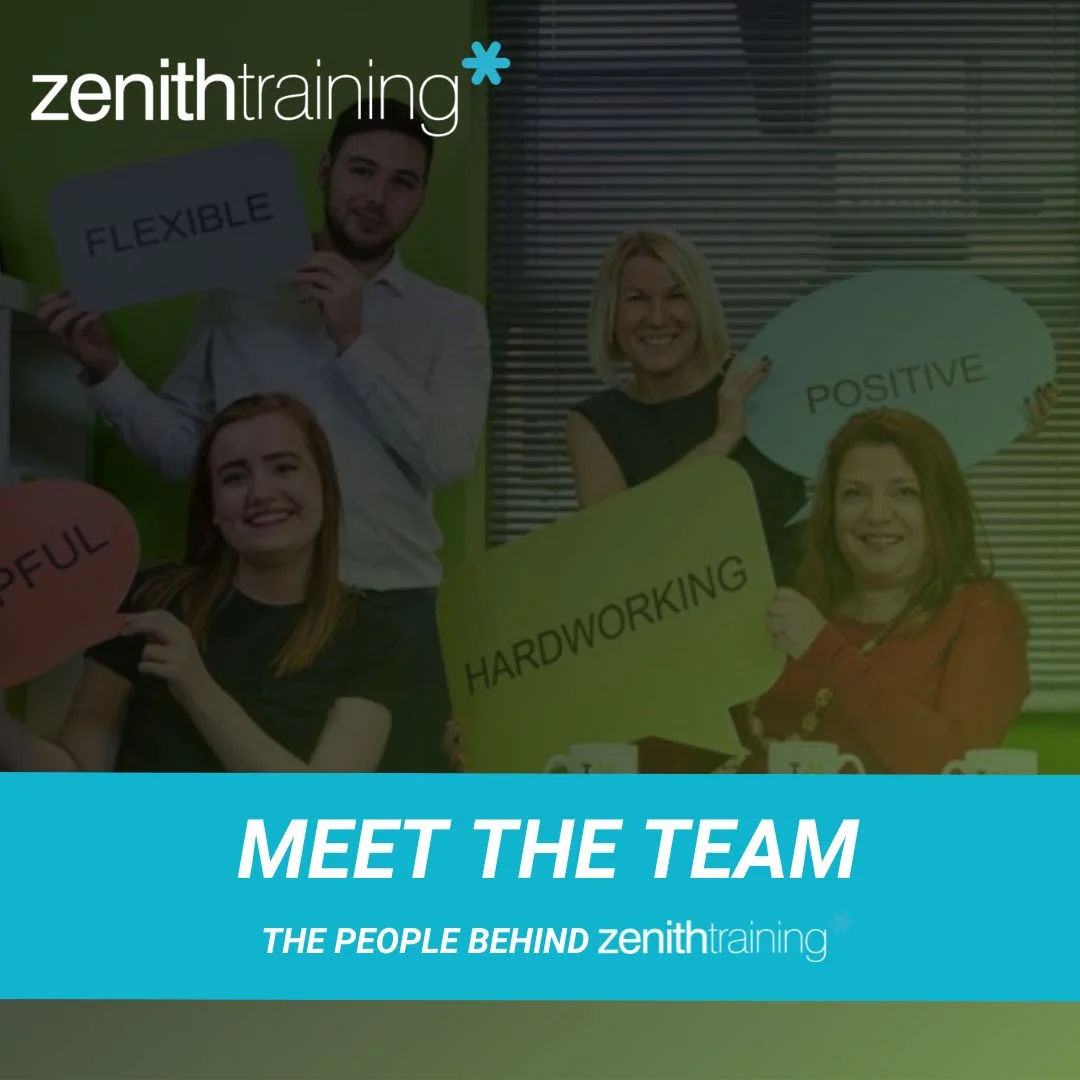Student CV template: Using a template/guide is a great way to create your CV if you’re unsure what to include.
Writing a CV for a first job or an apprenticeship is slightly different from writing one for a more senior-level role. This is especially true when you’re young as you aren’t likely to have a great deal of experience when you are 16-18 and have just finished school or sixth form.
You can, however, still showcase the skills and experience you do have by:
Writing a killer personal statement
In your personal statement you should include why you are the best fit for the role you have applied for. So, you’ll need to help yourself and do a little research to tailor your personal statement. It may take you longer to do if you’re applying for multiple roles, as you’ll likely need multiple personal statements but it will help your job search or the chances of landing an apprenticeship tenfold.
You can tailor your personal statement by using the job description and explaining why you’re choosing the position. You might also want to consider adding what you understand about the industry/ business and, if you can, demonstrate your relevant skills, interests and values that match the companies.
Ask yourself, why am I applying for this position specifically, what can I offer the business, and what skills do I currently have that would make me excel in the role?
Also include a little about yourself, where you currently are in your life, and your career goals and prospects. Writing a personal statement is a great way to show off your critical thinking skills, which is a skill that many educators and employers value.
Skills
You’re applying for your first role, which indicates you probably don’t have much work experience, and companies won’t expect you to. Instead of focusing on probable minimal work history, focus on the skills you have picked up throughout your time in education, especially for the role in question. For example, demonstrating that you have good IT skills is favourable to an employer.
Likewise, you can mention the soft skills that you have developed while in school; such as your communication skills and work ethic are hugely important and valued greatly by employers. If you can, don’t just say ‘I have a great work ethic’ but think of a sentence that evidences it; I have a great work ethic for subjects I enjoy, which helped me achieve a 9 in Maths. Or, whilst at school, I often demonstrated my work ethic by staying for extracurricular activities such as the photography club. If you’re less academic and you’re interested in hands-on work such as an engineering apprentice, you could speak of skills you’ve exhibited such as modifying bicycles etc.
Education
And the mention of work ethic leads us nicely onto education. If you don’t have much experience, your biggest indicator of character (or the thing you’ll be judged on) will be your education. Now don’t be disheartened if you haven’t done well with your results. From your time at school, you’ll know that grade 4 or above is a pass, and you’re likely to need those in Maths and English. But if you don’t have them and you’re interested in apprenticeship positions, you’ll be able to pick up functional skills which are equivalent qualifications during your apprenticeship.
Whether you have those GCSEs or not, include the courses/classes you completed at school and the results you achieved. If you have great results, this shows that you are competent for the role and shows the employer your interests. Especially when it comes to classes/modules directly related to the role/industry you are applying for.
If you are awaiting results, you could place mock/predicted grades in replacement of results.
Employment History:
(Make sure you write any experience in reverse chronological order which means most recent at the top, you should also do this for education so if you’ve attended sixth form and achieved A levels, they should go at the top followed by your GCSEs etc)
We’ve spoken a lot about what to do if you don’t have any work experience, as I imagine many of you reading this article won’t. However, it would be hugely advantageous if you have any employment history, and you should definitely mention it. Employment history could include a part-time job on a weekend or even completing tasks such as cutting a neighbour’s lawn or volunteering for a charity.
Whether or not you’ve done any of the above examples, you’ve likely completed a week’s worth of work experience in school and a further in sixth form, depending on your age, of course. Mention this experience and as in the personal statement section, when writing about the experience, think about how your experiences are relevant to the job you’re applying for. Tailor what you achieved in the placement towards what the employer is looking for in their job specification.
Hobbies and Interests:
Incorporating your hobbies and interests into your CV can be a great addition. You can use hobbies to showcase your personality and your soft skills if you don’t have much experience in other areas. However, be wary of the length of your CV at this point and how you come across in your hobbies and interests section. You don’t want to sound generic. Everything you mention should be for a reason. The employer is probably not interested in the fact you like makeup, getting drunk or like football (depending on the job) at this stage. But they could be interested that you’re part of a football team where you demonstrate communication skills or create makeup tutorials for social media where you display a passion for being creative and demonstrate elaborate IT skills.
References:
You don’t have to always include your references directly on your CV unless directly asked to. Your CV can state that references are available upon request. So, don’t worry too much about your references coming from ‘official’ sources. As long as they are credible, then that’s okay. Credible references could be teachers, close family friends, career councillors or a former employer/co-worker.


